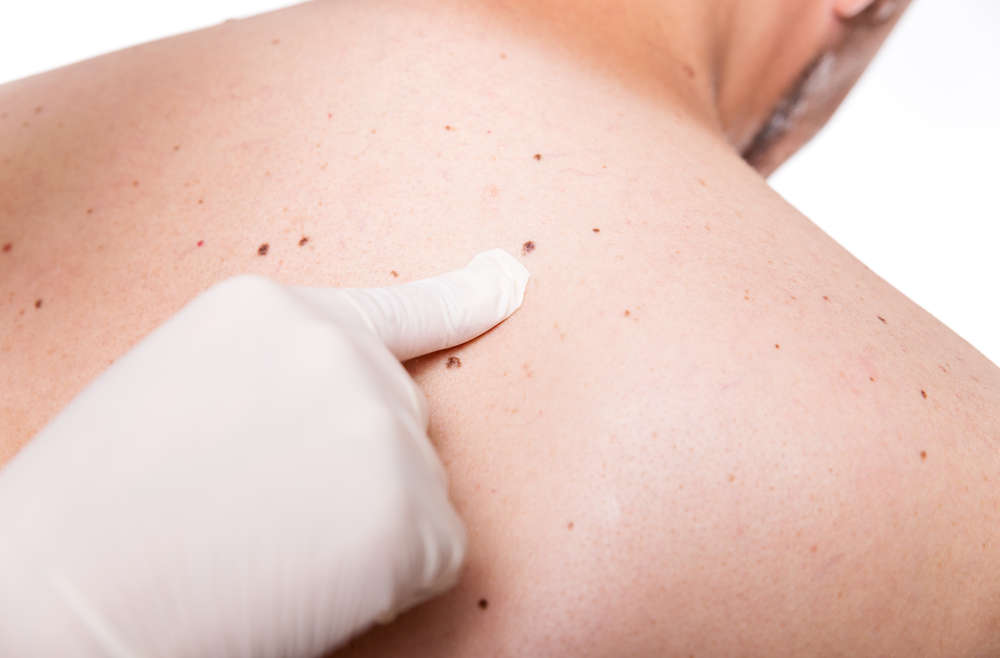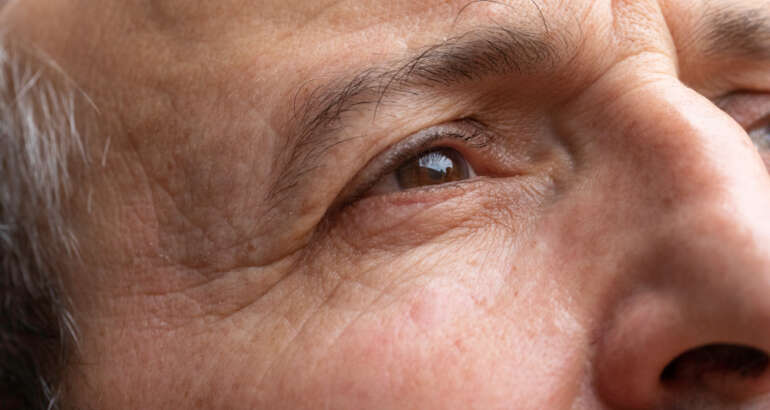Skin cancer is the most common form of cancer, but also highly treatable when caught early.
That’s why it’s so important for women and men to perform monthly self-checks and see their dermatologist for an annual skin cancer screening in Acworth, Georgia.
But before getting started, patients often have a number of questions about the screening, including: What happens during a skin cancer appointment? What is the purpose of a skin cancer screening? What is a mole biopsy?
Continue reading to learn what you can expect from a skin cancer appointment.
What Is the Purpose of a Skin Cancer Screening?
A skin cancer screening is a visual check-up in which a board-certified dermatologist examines every inch of skin for suspicious moles or lesions.
Typically, the physician is looking for moles that are asymmetrical; have irregular borders; contain different shades tan, brown, or black; are larger than ¼ inch; and have changed over time.
Evaluating the entire body in this manner helps to diagnose Acworth, Georgia patients with skin cancer in its earliest stages, when it is most treatable.
What Happens During a Skin Cancer Appointment?
If you have yet to have a full-body scan, you may be wondering: What happens during a skin cancer appointment?
To start, your dermatologist will ask you to change out of your clothes and put on an exam gown.
He will then perform a visual inspection of the body from head to toe, including the face, chest, arms, back, underarms, scalp, in between toes, and on the soles of your feet.
This process typically takes about 10 minutes.
In the event that the dermatologist detects a suspicious lesion, he will perform a mole biopsy that same day.
What Is a Mole Biopsy?
While many patients ask – What happens during a skin cancer appointment? – they also want to know what it means to have a mole biopsy.
A mole biopsy is an in-office diagnostic test that may be performed after a skin cancer screening.
Prior to the biopsy, the area is numbed with a local anesthetic. Then the dermatologist scrapes off a sample of the mole.
This sample is sent to pathology where it will be examined under a microscope for the presence of cancerous cells.
Schedule a Skin Cancer Appointment
If you’d like to have an annual skin cancer screening, please call our office today to schedule an appointment with board-certified dermatologist Dr. Johnathan L. Chappell.



